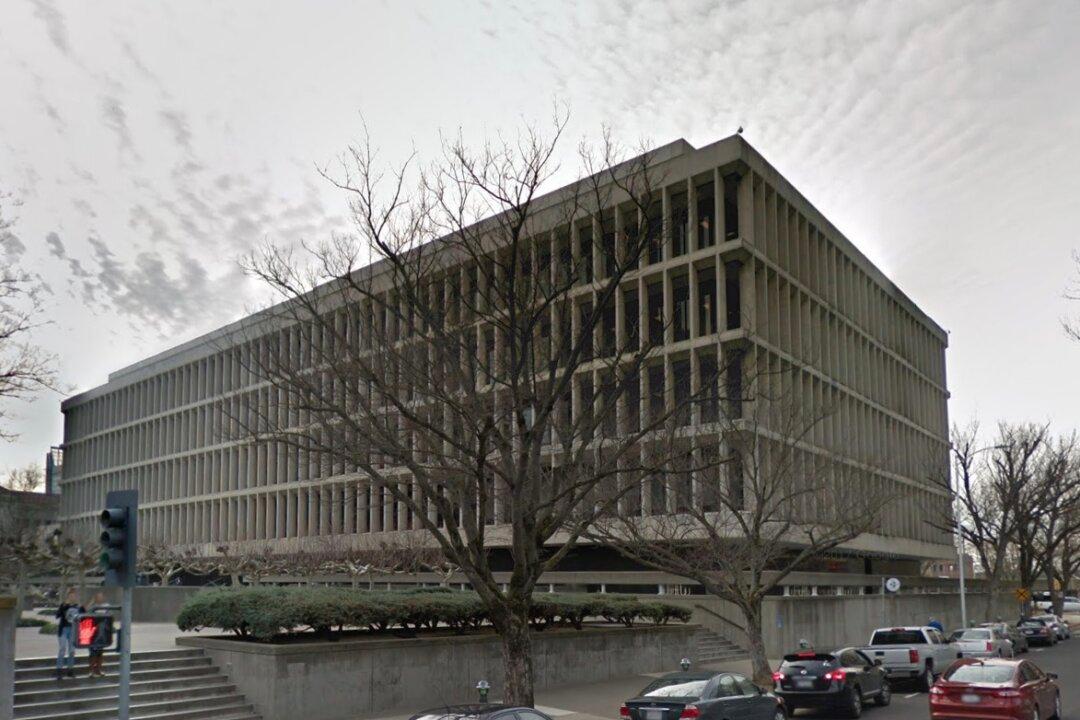Three class action lawsuits have been filed in California alleging that some individuals providing personal care to their invalid family members were misled into joining a union.
The cases will be heard by the Superior Court of California in El Dorado, Sacramento, and Fresno counties.





